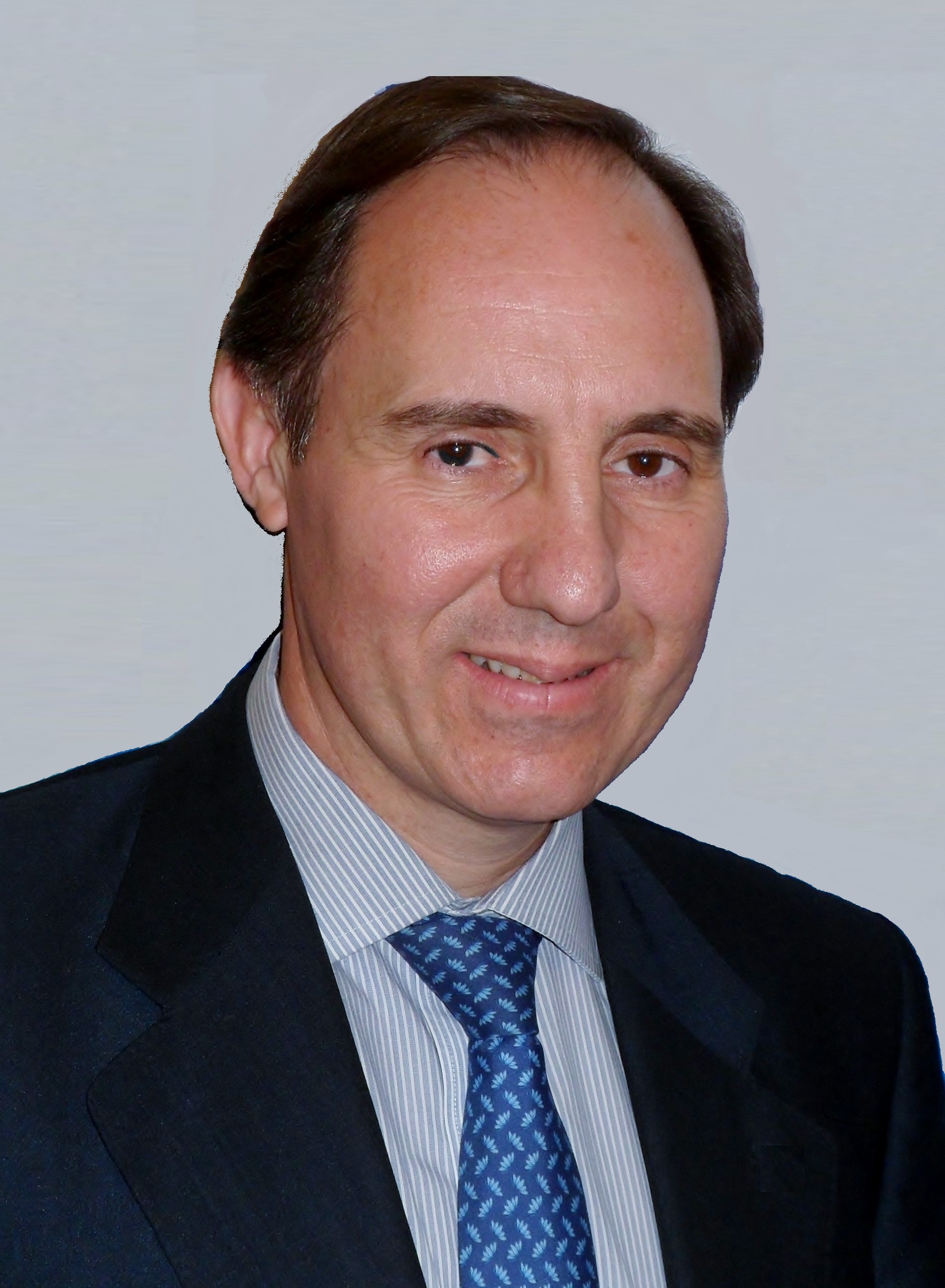The CEO of Insight Foresight Institute, Totti Könnölä, participated in the foresight exercise on the future of hydrogen economy within the project “Foresight for the 2nd Strategic Plan of Horizon Europe (2024-2027)” conducted by the Foresight on Demand Consortium”, alongside Ullrich Lorenz, Rainer Quitzow, Peter Lund, Elisabeth Dütschke and Anne Kantel, Corina Murafa, and Mike Parr. The foresight exercise examined potential configurations of a hydrogen-abundant European energy system in 2040, analyzing how different global political, economic, and social contexts could shape hydrogen’s role in the continent’s energy transition. The aim was to assess hydrogen technologies’ potential to enable full decarbonization of Europe’s economy. A morphological scenario approach was used as a foresight method.
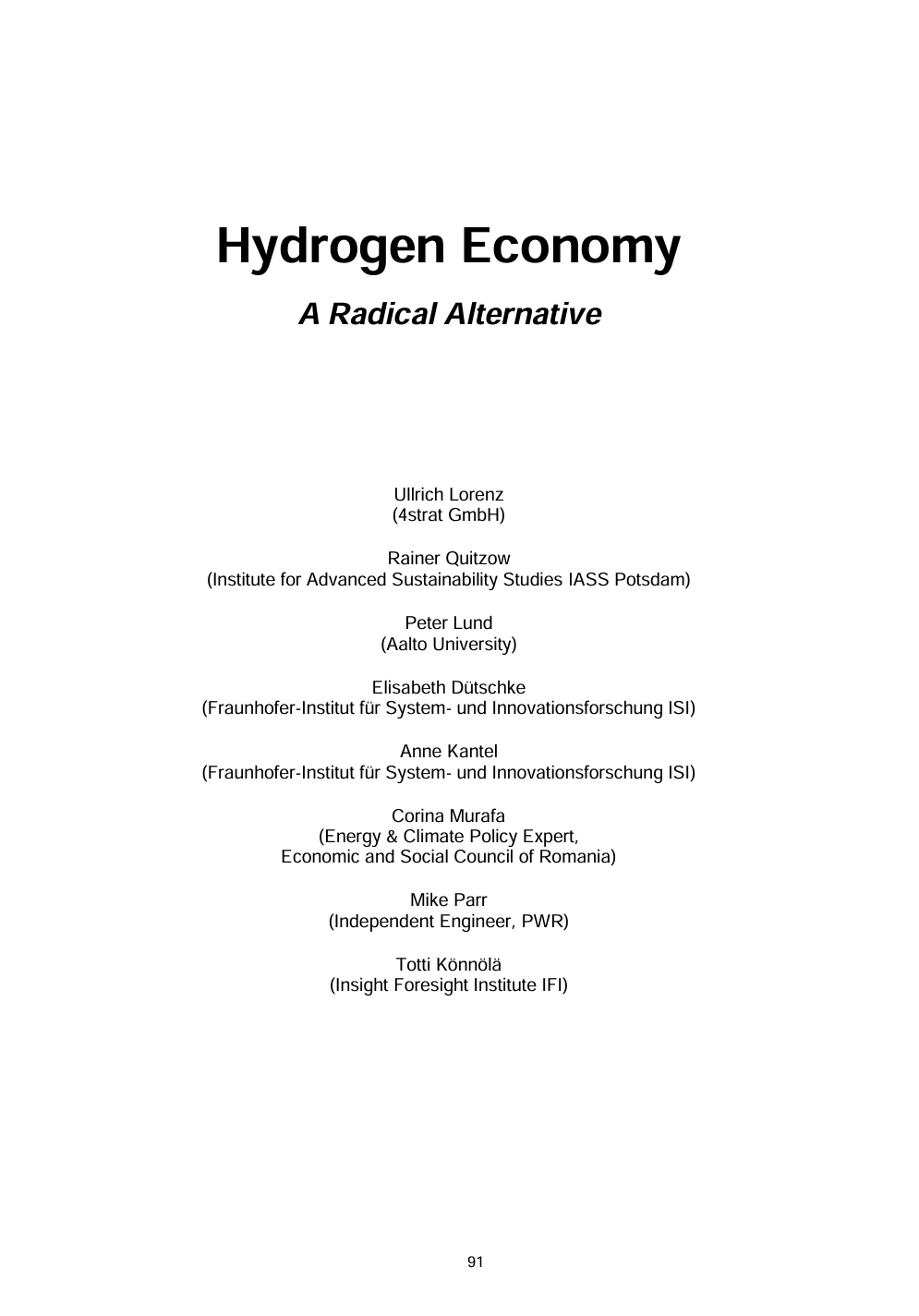
The Four Scenarios on the Hydrogen Economy
I. United States of Europe – Circularity with High Tech: Europe is highly integrated and governed as a federal union. A sustainability-first mindset drives policy and industrial transformation. The hydrogen economy is advanced, autonomous, and based on high-efficiency technologies like solid oxide electrolysis (SOEC). Energy and material circularity reduce dependence on imports, while European hydrogen innovations are globally exported.
II. Forced Sustainability – Circularity Based on Frugality: In a fragmented global order, Europe turns inward, prioritizing resilience and ecological reforms. Localized, low-tech renewable systems support self-sufficiency. Hydrogen is used at the community level for energy buffering, but infrastructure is modest. Frugality and simplicity define lifestyles and industrial production.
III. Private Companies Rule: Large tech corporations dominate global governance and energy systems. The hydrogen economy is expansive, driven by efficiency and private investment. Renewables and hydrogen supply nearly all energy needs, and storage is scaled for full autonomy. Yet, social inequality grows and democratic oversight diminishes.
IV. Green Deal for Europe – A Western-led World: The EU remains a global leader in climate and technology, though internal political processes remain slow. Hydrogen technologies flourish through international partnerships and massive R&I investment. The continent is largely energy self-sufficient, supported by large-scale renewables, advanced storage systems, and intensive hydrogen trade.
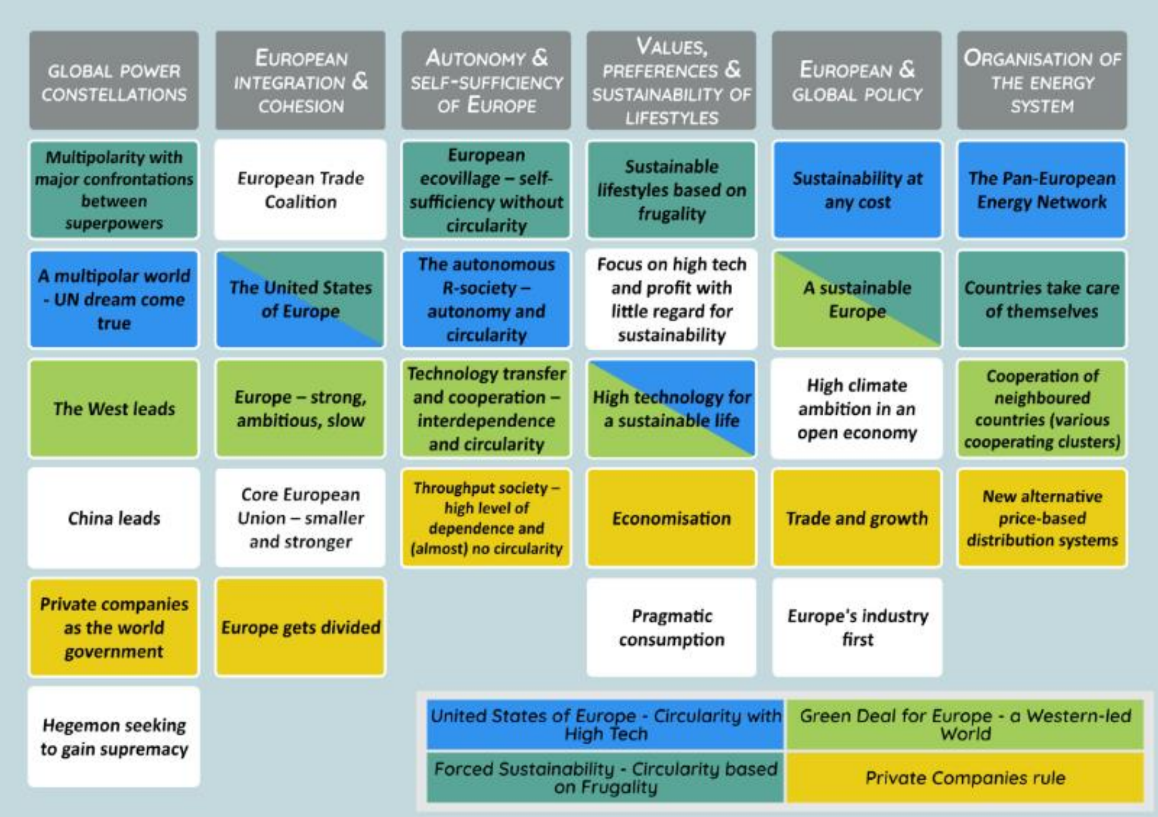
Strategic Insights for Research & Innovation Policy
- Hydrogen plays three strategic roles: replacing fossil fuels, enabling synthetic fuels, and stabilizing renewable-based grids.
- Transition challenges include technology scale-up, overcoming legacy systems, and managing geopolitical shifts.
- R&I policy must balance decentralised autonomy with coordinated EU-wide standards and infrastructures.
- Special attention is needed to avoid regional disparities and energy poverty during the transition.
- Access to critical raw materials, carbon cycles, and circularity in chemical and industrial production are key R&I fronts.
R&I Recommendations:
- Smart, pan-European grid systems
- Next-generation electrolysis and fuel cells
- Hydrogen storage innovations
- Long-range transport applications
- Carbon capture and usage
- Societal impacts, affordability, and decentralised solutions
This strategic foresight contributes to guiding Horizon Europe’s next steps in hydrogen-based sustainable economy, ensuring Europe leads in the development of a clean, resilient, and equitable energy system.
Further information
Ullrich Lorenz, Rainer Quitzow, Peter Lund, Elisabeth Dütschke, Anne Kantel, Corina Murafa, Mike Parr, Totti Könnölä. Chapter 6: Hydrogen Economy – A Radical Alternative. In European Commission: Directorate-General for Research and Innovation, Weber, M., Wasserbacher, D. and Kastrinos, N., Foresight on demand – “Foresight towards the 2nd Strategic Plan for Horizon Europe. Publications Office of the European Union, 2023.

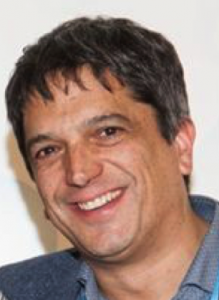 Gonzalo Figuera Díez-Picazo, SM in Technology and Policy (MIT), Engineer École Centrale Paris, Industrial Engineer UPM (Madrid), is an experienced business leader, consultant and entrepreneur, specialized in innovation-based organizations and digital transformation.
Gonzalo Figuera Díez-Picazo, SM in Technology and Policy (MIT), Engineer École Centrale Paris, Industrial Engineer UPM (Madrid), is an experienced business leader, consultant and entrepreneur, specialized in innovation-based organizations and digital transformation.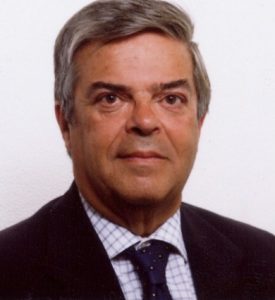 Carlos Herreros has more than 30 years of experience consulting to businesses in different industries and sizes. He has been working in coaching with top level executives to help them in their thinking of strategy and to develop their level of consciousness to cope with the growing complexity of their jobs.
Carlos Herreros has more than 30 years of experience consulting to businesses in different industries and sizes. He has been working in coaching with top level executives to help them in their thinking of strategy and to develop their level of consciousness to cope with the growing complexity of their jobs.